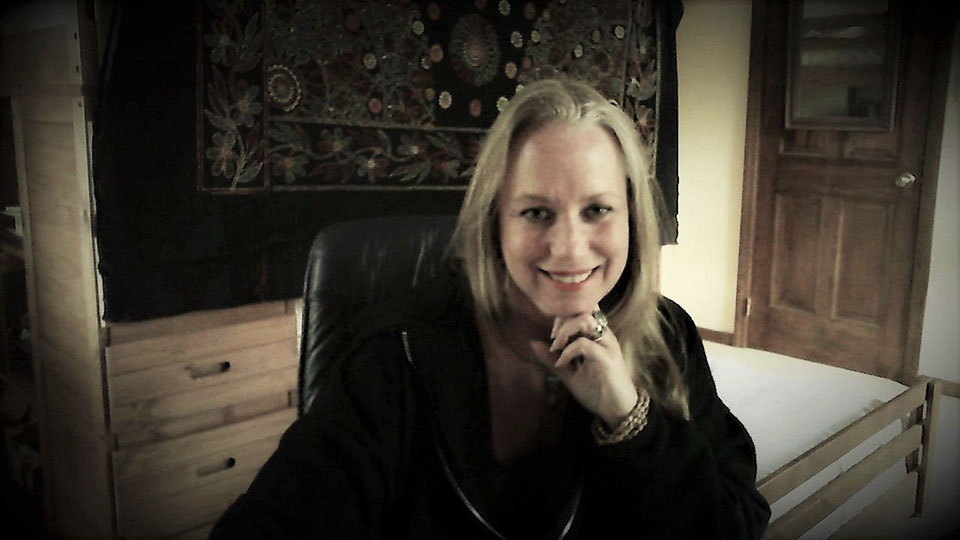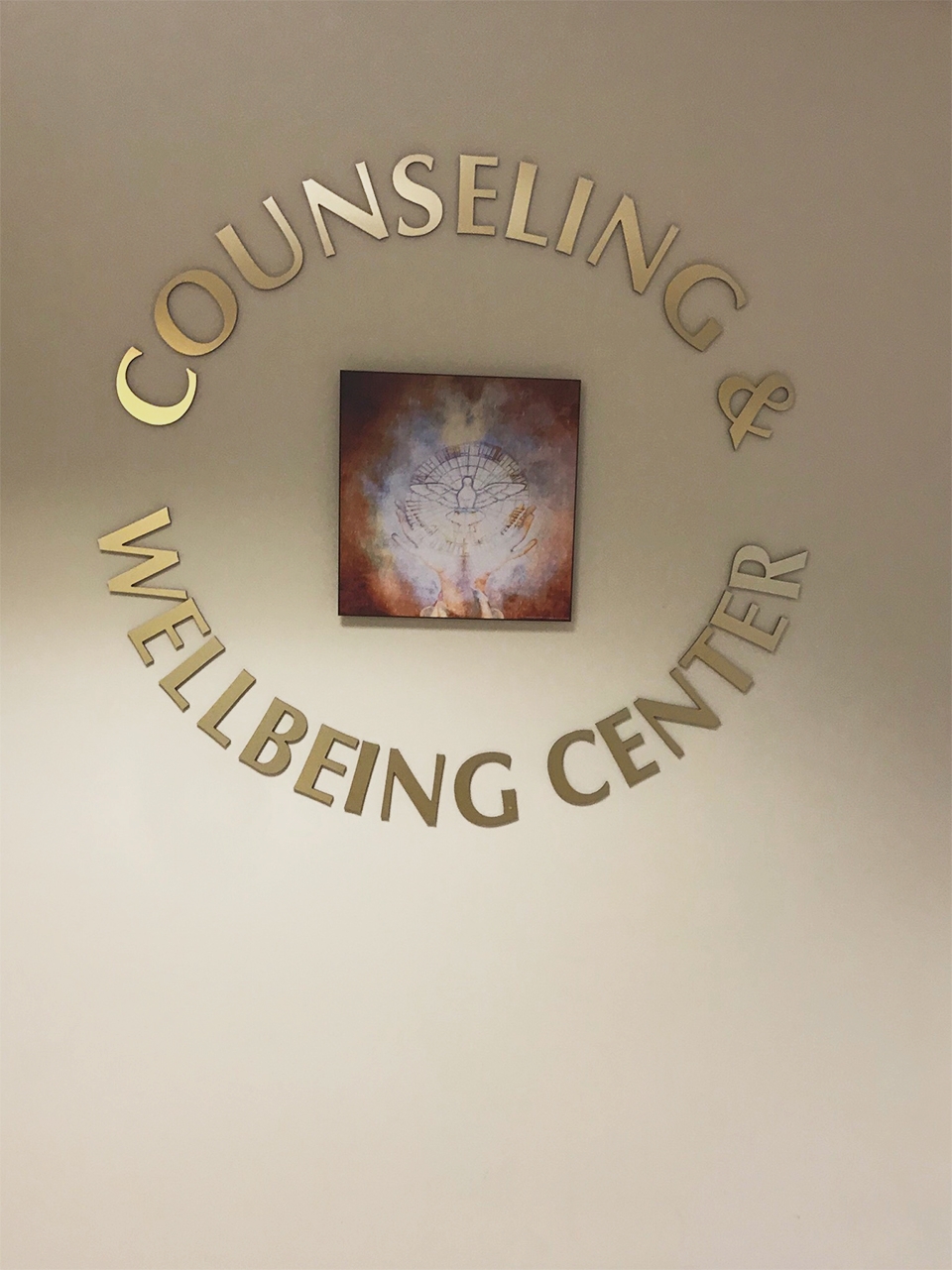Colleen Hammond | news editor
10/29/2020
On Tuesday, Oct. 20, a new, exclusive documentary on the life and papacy of Pope Francis was released in which his holiness publicly advocated for same-sex civil unions for the first time.
While Pope Francis’s statement did not advocate for gay marriage, he did state his support of “legal civil unions.” Through this process, he noted the desire for members of the LGBT+ community to “be a family.”
Although his statements did not go into specific detail about the types of legal protections he thinks gay couples should be afforded, many have speculated that he is advocating for gay couples to be able to adopt children and legalizing homosexulaity across the globe.
This statement, while in line with Pope Francis’s progressive papacy, has received mixed reviews from Catholics around the world.
However, the Catholic community at Duquesne took the Pope’s statement as an opportunity to reaffirm their commitment to the LGBT+ community.
“We understand that many LGBTQIA+ people are often marginalized; we also recognize that they are deserving of our respect, dignity and love,” said a joint statement by Duquesne University President Ken Gormley and the Reverend Ray French, senior vice president for mission and identity.
While the role of the LGBT+ community in the Catholic Church has been widely contested and argued for decades, Pope Francis’s statement seems to be a change of time that could help to improve relations among these groups.
“I think it’s a big sign of hope for me,” said Michael Murphy, a senior theater arts and women’s and gender studies double major.
Murphy, a vocal member of Duquesne’s LGBTQ+ community, stated that he is looking forward to the progression of the Catholic Church and its members in the coming years.
“Duquesne’s efforts to be more inclusive of LGBTQIA+ students, in particular, have been undertaken across the University,” the statement said.
Given that university administration has been highly vocal about their commitment to diversity and inclusion for all students this semester, Gormley and French mentioned some of their initiatives to ensure this inclusion extends to the LGBTQ+ community.
“Earlier this semester, we met and spoke with students and faculty in the Solidarity Committee, the newest community of students, faculty and staff that provides support to LGBTQIA+ students,” the statement said.
However, Bethany Evankovich, current president of LAMBDA said this is not entirely the case.
“I have had no contact with either President Gormley or Fr. French,” Evankovich said.
She said she spoke with Doug Frizzell, vice president for student life, in fall 2019 about LAMBDA and its mission but has not heard from him or top administrative officials since.
The statement also mentioned how pronoun training has been implemented across campus, a sentiment that Murphy takes special issue with.
“They definitely haven’t done any pronoun training,” Murphy said.
He noted that while his overall experience with the university has been positive, the biggest struggles have been with student to student interactions.
“I have seen situations that are difficult to resolve,” Murphy said.
Murphy said he appreciates how faculty and staff have been welcoming and accommodating during his time as a student, but wishes the university could do more to dismantle systems that are not designed to assist the unique needs of LGBTQ+ students.
“The system is not really set up to be accommodating,” Murphy said.
Still, Gormley and French maintain that they have implemented several policies that cater to LGBTQ+ students.
“The Center for Student Wellbeing has created a variety of safe and welcoming spaces for students, and it practices, particularly in Health Services, a type of hospitality that meets students where they are,” the statement said.
However, Murphy challenges these claims, saying that he hasn’t seen healthcare specific to campus’s LGBTQ+ community.
“I don’t see targeted assistance with HIV or transition care,” Murphy said.
Murphy noted that although Health Services have not always been able to provide the unique care he and his peers may need, the employees at Health Services have always been “helpful with giving referrals.”
Additionally, Murphy noted that the majority of the help he has received this school year has been “primarily through Dr. Kane,” the current director of the Office of Diversity and Inclusion.
In the future, Murphy said he hopes for “visible pride” events on campus, and for faculty and staff to be able and compelled to step in when a fellow student gives gay couples “that look” when out with their significant others.
“Duquesne is the kind of place I would recommend over other places,” Murphy said.
Despite his desire for institutional change, he is pleased with the level of acceptance and safety at Duquesne. He hopes the Holy Father’s statement is just the beginning of progressive relations and communication between the Catholic Church and the LGBTQ+ community.
“Improving inclusion is such a crucial step in improving the safety and wellbeing of all students on campus,” Evankovich said.



